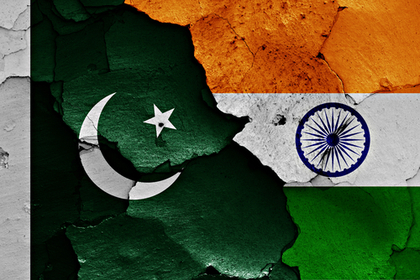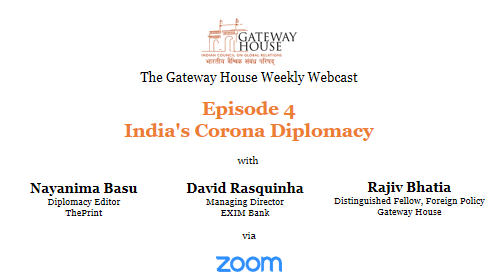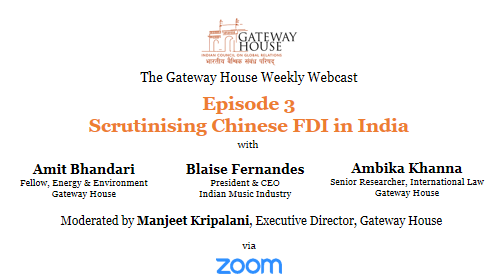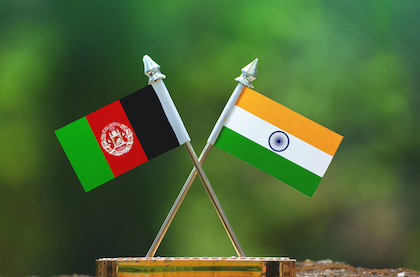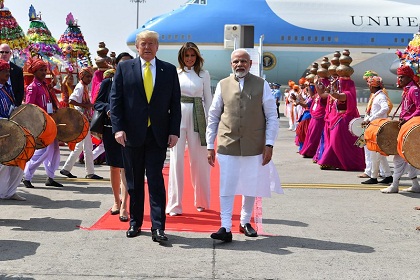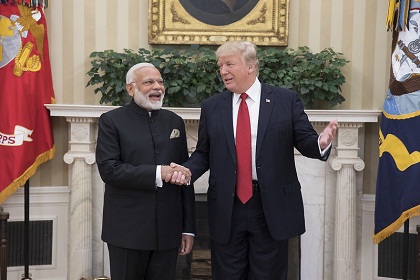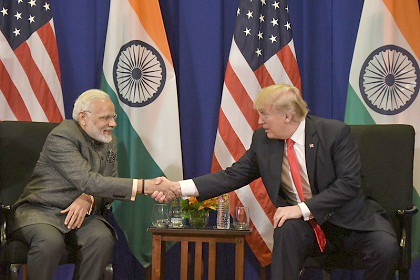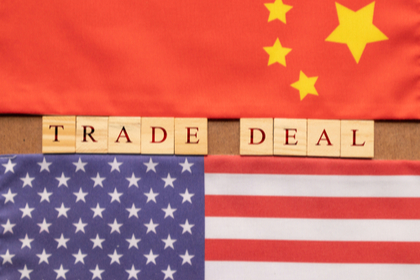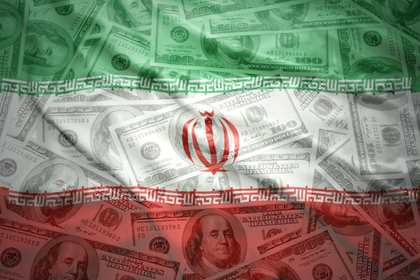Devising an Indian policy on Sanctions for Pakistan
The shifting geopolitics of the COVID-19 crisis might be an opportune time for India to consider new strategies for managing and curtailing Pakistan’s military aggression for the future. One policy tool used effectively by other countries is the imposition of economic sanctions. This podcast discusses the possibility of India imposing sanctions on Pakistan.

